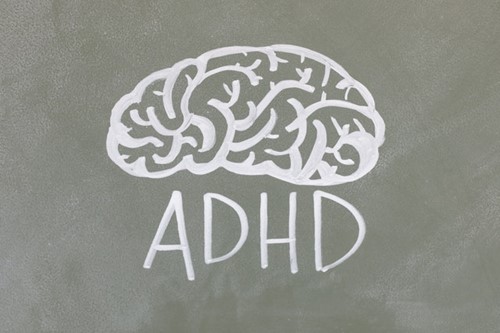Parenting Tips For ADHD: 10 Ways To Help
Attention Deficit Hyperactivity Disorder (ADHD) can be challenging for a child to manage, and it is important that parents guide them through the process in order for them to continue growing and develop into independent adults in later life.

For those whose child has been recently diagnosed with ADHD, or if you think that your child is presenting with certain ADHD tendencies, it is worth knowing how you can be there for them and show them how to approach certain challenges.
Set A Routine
Firstly, many ADHD clinical trials have proven that routine can have a positive impact on a child’s development, and encourage them to become functioning adults. Consider creating a routine for certain parts of the day such as getting ready before school, coming home, and weekends.
This can allow your child to predict the next thing and avoid acting out which can present itself in the form of overwhelming outbursts, violence, and aggression.
Be With Them
It is crucial that you are an approachable figure for your child so that they can vocalise any feelings of overwhelm, confusion, and insecurity with you when they need to. Many parents whose child has ADHD find it effective to approach a task or particular problem as a team with their child.
This way, they are encouraged to see the situation from another perspective, and even have the opportunity to feel like they are teaching their parents something that they didn’t know.
Take Breaks
Something that is easy to forget is that children with ADHD find it more challenging to recognise when something is too much for them, and when they should take a step back. Showing your child that it’s perfectly fine to take breaks from what they are doing encourages them to manage their own behaviours and energy outlets.
Show Them How To Break Tasks Up Into Manageable Chunks
As well as integrating routine and showing your child with ADHD that it’s ok to take breaks, it is incredibly useful to teach them different ways to divide up tasks that they find difficult. This can be anything from winding down at bedtime to the process of showering.
Provide A Constructive Energy Release
If your child struggles with excessive amounts of energy, it can be incredibly difficult for them to manage their emotions and maintain any focus. Introduce a way for them to move their body and release some of this energy in useful ways if possible. You could enrol them in drumming lessons, show them how to kick-box, dance, or swim.
Keep It Interesting
Of course, many children with ADHD find it extremely challenging to stay focused, so you should try to keep your routine varied enough for them to stay interested without becoming overwhelmed by significant change. For example, this could be something as simple as telling them to brush their teeth with their non-dominant hand or standing on one leg.
Give Praise
As with any child, it is crucial that they are given plenty of positive reinforcement so that they learn what is deemed as appropriate behaviour. Children with ADHD can begin to feel a little isolated within certain social situations with their peers, and it’s even more important that you are staying positive with them. This reinforces the idea that you are on your child’s team, and that you love them regardless of anything else.
Be Patient
It is likely that your child will try to push your buttons and misbehave at times, which is perfectly normal behaviour. Try to be patient with them when this happens, and avoid aggressive outbursts as much as possible because they will become confused and lose trust in you. Keep your cool, look after your own mental health, and don’t sweat the small stuff when you have a child with ADHD.
Reduce Distractions Where You Can
It could be useful to create a ‘focus zone’ within the home which has fewer distractions than other areas. This could be a place for your child to rest, recharge, or even get some reading or homework done when they need to. Depending on what helps them focus, it is definitely worth creating a space without as many distractions.
Seek Help When Necessary
You are not alone, and it could be worth seeking additional support when possible. Counselling and group sessions can be useful because you will be able to express any concerns without judgment.
Summary
It is so easy to lose your patience and wonder why your child with ADHD won’t behave ‘normally’, but this is not the best way to parent them. Their brains work a little differently from ours, and that is part of what makes them unique. Approach problems as a team with your child in order to strengthen the bond you have and practice positive communication.